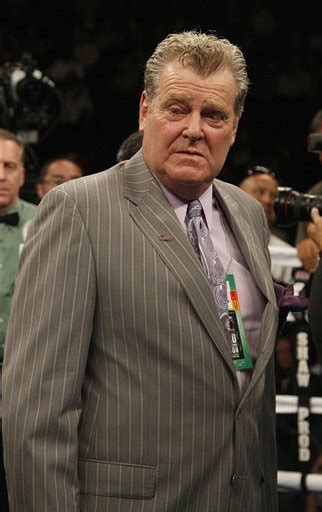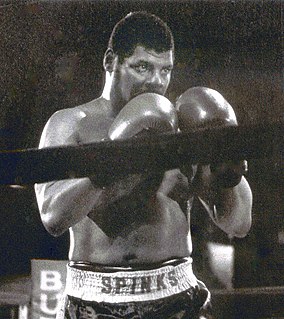A Quote by Sun Tzu
Winning isn't enough. The acme of all skill is to defeat your enemy before taking the field.
Related Quotes
Some important ideas from the book of early Christians which is called Philokalia: From Spiritual Directions of Diadochus of Photiki The acme of faith is... immersion of the mind in God. The acme of freedom from wealth is to desire to be possessionless even as others desire to possess. The acme of humbleness is to forget unfalteringly good deeds of oneself. The acme of love is to enhance your friendly attitude to those who insult and revile you.
The good fighters of old first put themselves beyond the possibility of defeat, and then waited for an opportunity of defeating the enemy. To secure ourselves against defeat lies in our own hands, but the opportunity of defeating the enemy is provided by the enemy himself. Thus the good fighter is able to secure himself against defeat, but cannot make certain of defeating the enemy.
It was good to see an athlete that emotional in the aftermath of defeat, to show that losing isn't good enough. Fighting hard and trying your best isn't good enough. It showed that the only thing good enough in his eyes was winning. It caused a tremendous amount of emotion from him when he didn't achieve that.
General Napoleon says that 'Never interrupt your enemy when he is making a mistake.' Well, I suggest doing the opposite: Interrupt your enemy when he is making a mistake. Don't be opportunist; don't benefit from the weakness of your enemy! Be just even to your enemy! Try to find a way to defeat him without harming him; prove to be as intelligent as to find such a way! Only then, your victory will be meaningful and honourable!
What do we mean by the defeat of the enemy? Simply the destruction of his forces, whether by death, injury, or any other means-either completely or enough to make him stop fighting. . . . The complete or partial destruction of the enemy must be regarded as the sole object of all engagements. . . . Direct annihilation of the enemy's forces must always be the dominant consideration.
Fear is the trick of the enemy. And your enemy comes in many robes. But he has only one face. You know his face. You've seen it many times. You need not fear it. In your heart, you know you will triumph and you will defeat your enemy with the one weapon that you have inside you that he cannot touch--truth.




































